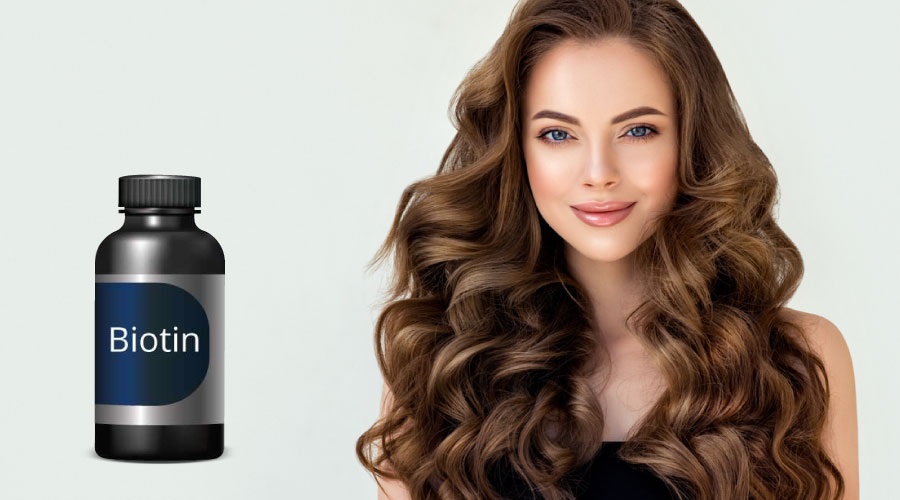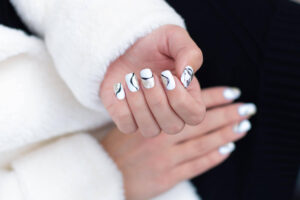
Side effects and benefits of biotin – Should you have these for better hair health?
Vital for energy production, nervous system functioning, and other body functions is biotin (vitamin B7), a micronutrient. Nourishing hair and nails and preventing alopecia are the two main uses of biotin, which can be found in many meals and as a supplement.
While further studies are necessary, biotin appears to have some potential to assist patients with diabetes better manage their blood sugar levels and lessen the symptoms of peripheral neuropathy. Though typically safe, taking biotin may cause problems with certain drugs and lab tests; therefore, if you intend to take it, let your doctor know.
What are the symptoms of deficiency of biotin?
Although deficiency of biotin is considered rare in the US, nevertheless, whenever it happens, the symptoms are somewhat like these:
- Loss of hair
- Thinning of hair
- Skin infections
- Brittle nails
- Dry red patches around the nose, eyes, and mouth
- Conjunctivitis
- Delay in development (among infants) and sluggishness
- Sudden seizures
Consult your healthcare practitioner for assistance if you observe any biotin deficient symptoms. Your doctor can determine whether you have a biotin shortage by closely examining your blood results and symptoms. Increasing your intake of biotin through food or supplements may be essential to treating your insufficiency. You may also take delta 8 edible for better hair health.
Most talked-about benefits of Biotin
The most well-known benefit of biotin is its supposed capacity to fortify hair and nails. While anecdotal evidence predominates when endorsing these ideas, some encouraging scientific evidence also exists.
Helps in hair growth
Treatments for hair loss frequently include biotin. Products containing biotin, according to some supporters, strengthen and thicken hair. But research on biotin’s effects on hair development is limited to cases when a verified biotin deficiency is the root cause of hair loss.
Strengthens nails
Sometimes, brittle, worn-down nails can be treated with biotin supplements. Additionally, it’s utilized to treat nail problems including trachyonychia, often known as rough nails, which is linked to alopecia.
According to clinical investigations, taking a biotin supplement may help with these issues as well as the hardness, firmness, and thickness of your nails. Nevertheless, further research is required because these trials are tiny.
What are the side-effects of Biotin?
Even at large dosages, biotin is generally well tolerated and has not been linked to any negative consequences.
Biotin, however, may provide misleading findings in laboratory work due to interference. The tests listed below have shown this effect:
- Thyroid level tests
- Checking for vitamin D levels
- Tests for reproductive hormones
- Cardiac examinations
- Testing for immunosuppressive drugs
Biotin Supplements
The majority of pharmacies, grocery stores, and medicine stores keep biotin supplements. They are also available for offline purchases. There are several oral (by mouth) types of biotin supplements, such as tablet, liquid, gummy, and capsule forms. Even at large doses, the body can absorb 100% of biotin taken orally unless there are conditions that prevent it from doing so, such as inflammatory bowel disease (IBD).
Supplemental biotin is useful for treating skin problems and hair loss brought on by a lack of biotin. If you have any concerns regarding the health of your hair, don’t be afraid to speak with your doctor.


